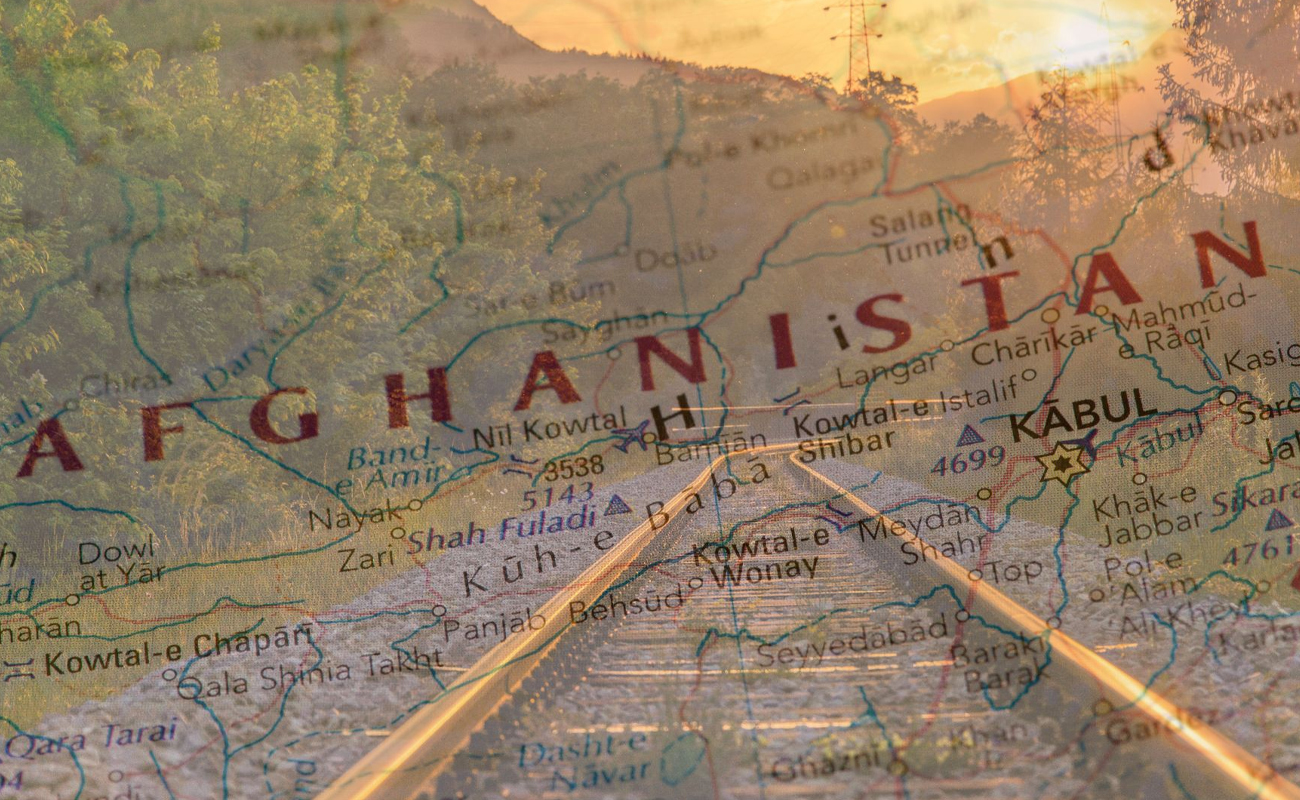Moscow’s Geopolitical Gamble on the Taliban
By Bahar Mehr
Russia’s decision to formally recognize the Taliban has shattered the regional lifeline that Afghan opposition groups once relied upon, tilting the balance of power in Central and South Asia decisively in favor of Kabul’s rulers.
At first glance, the Russian Federation’s recent move to legitimize the Taliban may appear to be nothing more than a diplomatic gesture. In reality, however, it carries profound geopolitical, economic, and security consequences for Afghanistan and the wider region. This decision not only redefines how major powers engage in Central and South Asia but also deals a serious blow to the hopes of anti-Taliban resistance forces and movements that, in recent years, had looked to Moscow as a traditional pillar of support.
Over the past four years, many anti-Taliban groups and leaders, disillusioned with the West, had pinned their hopes on the Kremlin and its regional allies, such as the Islamic Republic of Iran. Given Russia and Iran’s longstanding ties with Northern Afghan commanders and anti-Taliban fronts, there was a belief that, should circumstances shift, these countries could once again become crucial regional backers in the fight against the Taliban. Tajikistan, Russia’s close ally in Central Asia, kept Afghanistan’s embassy in Dushanbe open for precisely this reason—even though its consulate in Khorog was officially handed over to the Taliban—and the National Resistance Front also established offices there. But Moscow’s recent decision to legitimize Kabul’s rulers has upended these calculations entirely, revealing that in the emerging security order, Russia prefers to deal directly with Afghanistan’s de facto power rather than side with its opponents.
From a geopolitical standpoint, Russia’s approach is not only part of a broader strategy to compete with the United States and NATO in these “shared backyards,” it also aligns with Washington’s own evolving policy. Under the leadership of Donald Trump and shaped by the “Make America Great Again” movement, the U.S. has adopted a more inward-looking, isolationist posture focused on domestic interests. This shift has made Washington increasingly reluctant to intervene directly in regional crises, preferring instead to delegate security and political responsibilities to regional powers. In this context, U.S. and Russian strategies in Afghanistan have arrived at a kind of pragmatic convergence: Russia, by recognizing the Taliban and engaging with them directly, positions itself as a key player in ensuring regional security, while the U.S. seems content to let this dynamic unfold, reducing the costs of broad foreign interventions. Though this approach opens space for stronger regional influence, it also brings new geopolitical complexities and rivalries that could further destabilize the region.
For its part, the Kremlin—driven by domestic security concerns, particularly in the North Caucasus and Muslim-majority republics of Central Asia—appears to prefer accepting the Taliban as the dominant power in Kabul, hoping this will keep terrorist threats away from its borders. This outlook dovetails neatly with China’s, which faces similar anxieties over the East Turkestan Islamic Movement along its western frontier with Afghanistan. Together, these shared interests could give rise to a new anti-Western axis in the region. While such an alignment is ostensibly about managing security threats, in practice it empowers the Taliban and other extremist Islamist currents as uncontested local proxies.
Yet Moscow’s gamble carries implications that reach well beyond security. Having previously failed to attract significant foreign investment due to international isolation, the Taliban can now, under Russia’s political patronage, pursue large-scale mining and infrastructure projects. The Russians, with their extensive experience in extractive industries, will likely play a substantial role in tapping Afghanistan’s reserves of lithium, copper, gas, and other rare resources. But rather than making Afghanistan’s economy—already one of the world’s most opaque under Taliban rule—more transparent and accountable, these investments are poised to strengthen oligarchic networks close to the Taliban leadership. This, in turn, will further entrench an illegitimate regime domestically, empower the Taliban’s machinery of repression through a mafia-style economy, and replicate Moscow’s own illiberal, authoritarian governance model in Kabul.
Unquestionably, this situation makes the struggle of democratic forces and the anti-Taliban resistance far more challenging. Today, these groups are already under intense military, financial, and political pressure. Now, they can no longer count even on the prospect of Russian political or logistical support. This narrows their options considerably and will likely force them to reassess their ties with other regional players and certain Western countries—if any appetite for support still exists there. At the same time, this new reality could deepen rifts and sow further divisions among anti-Taliban forces, who have long been weakened by a lack of unity and a coherent, shared strategy.
Thus, Russia’s decision to recognize the Taliban is far from a short-term diplomatic maneuver. It is a move that reshapes the future security architecture of Central and South Asia, locks Afghanistan more firmly into an illiberal and closed regional order, and dims prospects for building an inclusive, open political system in Kabul more than ever before. Moscow may hope this gamble secures its short-term influence but neglecting the ideological and terrorist threats that the Taliban and their allied extremist groups could once again export across the region is a price that not only the Afghan people, but also Afghanistan’s neighbors—and ultimately Russia itself—will sooner or later be forced to pay.
Bahar Mehr, Writer and Political Activist.
Academicians and Officials interested to publish their academic pieces on this page, please approach us through: contact@aissonline.org.
The article does not reflect the official opinion of the AISS.

